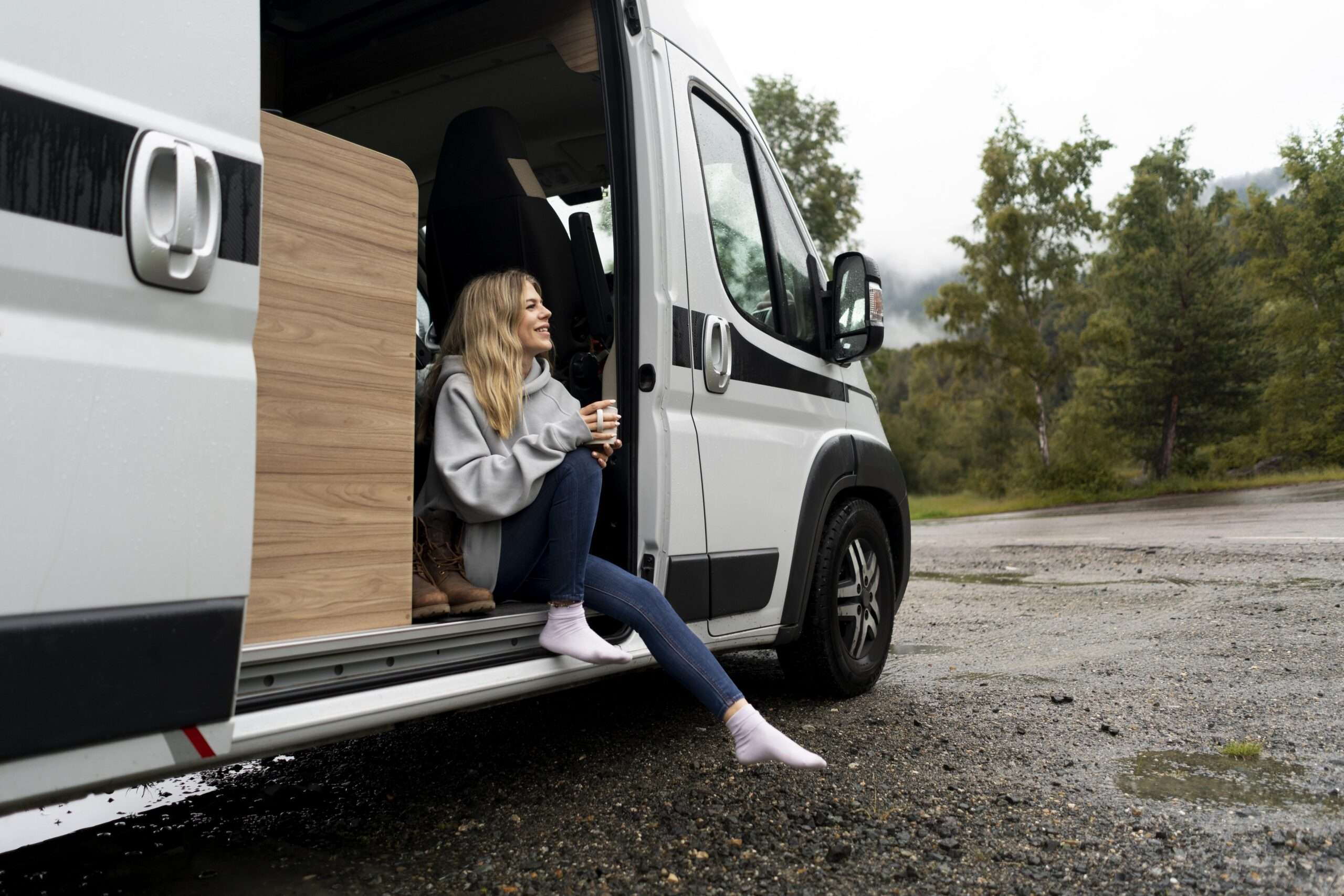The planned drive-through Starbucks in the Gorbals of Glasgow has sparked controversy, with residents and campaigners raising concerns about the increasing number of drive-through restaurants in a city with some of the lowest levels of car ownership in the UK. Critics argue that the development, which is located less than a mile away from a new low emissions zone, contradicts Scotland’s commitment to climate leadership and will not benefit locals due to lower than average car ownership in the area.
Objections to the project include environmental concerns and the fact that the proposed site is in an area of high deprivation. Critics contend that drive-throughs not only encourage car use but also make it more difficult and dangerous for pedestrians and cyclists. The city is home to a growing movement of campaigns opposing drive-throughs on the basis of health, safety, and community benefit.
In order to prevent the spread of drive-through restaurants, some campaigns and political figures are advocating for a total ban on new drive-throughs in Glasgow, arguing that the city will not meet its environmental targets with a business-as-usual approach to development. They envision a future where cities shift away from car dependency, becoming more vibrant, pleasant, and enjoyable places with high levels of walking and cycling.
The ongoing approval of drive-through construction is seen as frustrating given the new Scottish government planning policy that calls for local decisions to be made in line with the government’s net zero 2045 target. Critics argue there is a clear gap between national net zero objectives and local planning decisions, and that drive-through restaurants fall short of efforts to create more walkable cities and undermine other efforts by local authorities to encourage more sustainable behavior.











